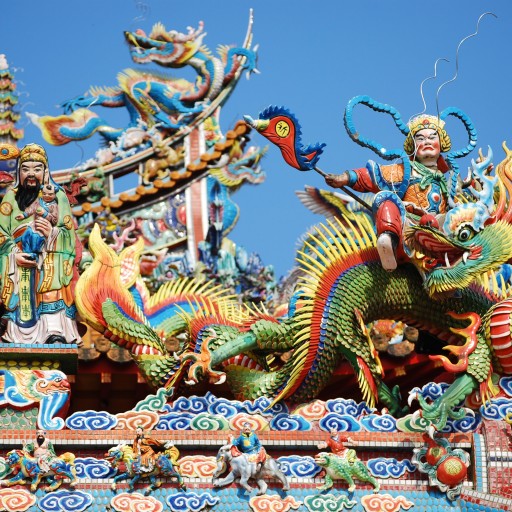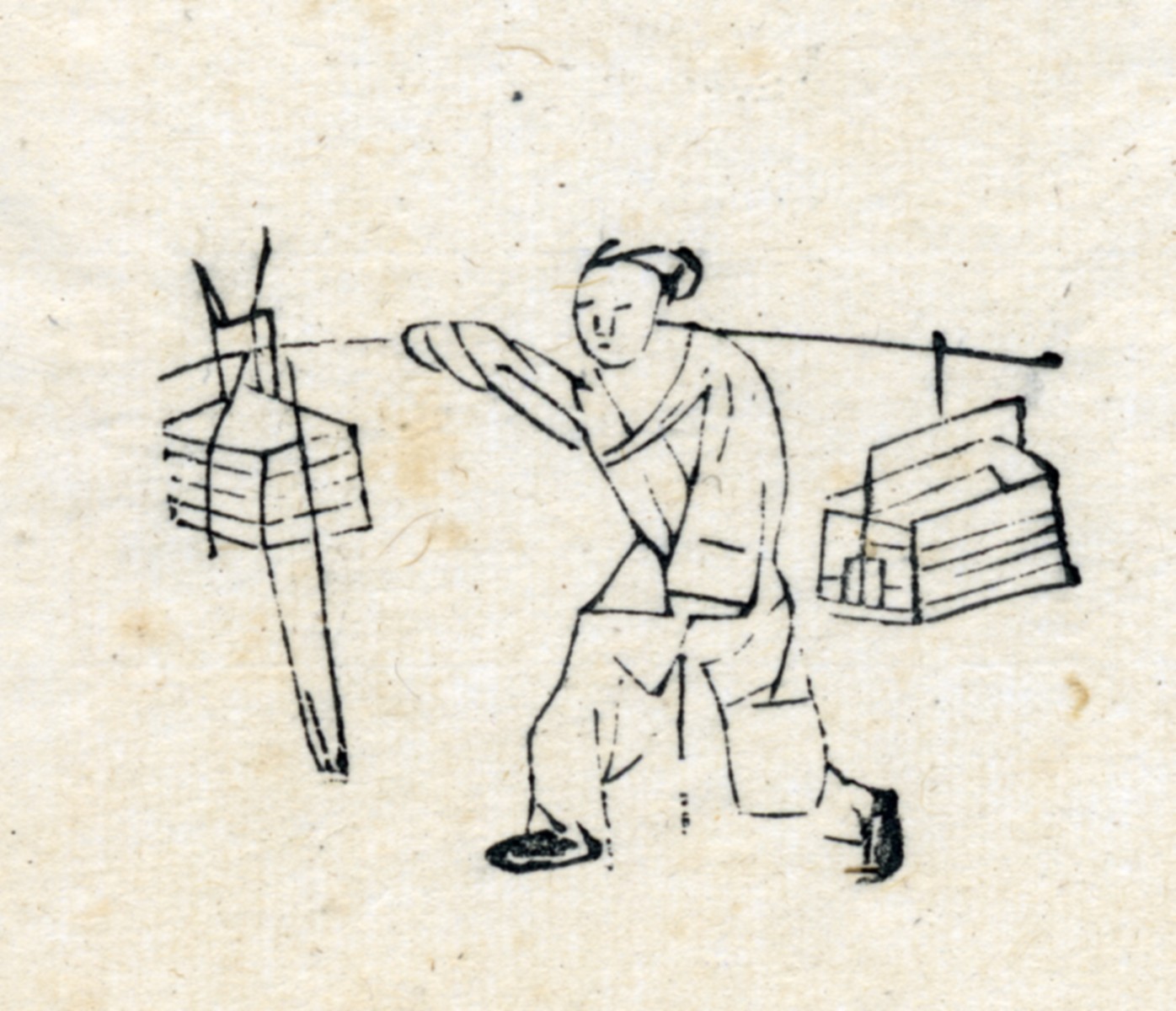
Chiang Ching-kuo Foundation International Sinological Center at Charles University cordially invites you to the lecture within its open seminar programme
Ideology, identity, internationalism: how the postwar shaped China’s global ambitions, 1945-49
Venue: Charles University, Faculty of Arts, Prague 1, Celetná 20, room 117
Rana Mitter OBE FBA is St Lee Chair in US-Asia Relations at the Harvard Kennedy School. He is the author of several books, including Forgotten Ally: China’s World War II, 1937-1945 (2013), which won the 2014 RUSI/Duke of Westminster’s Medal for Military Literature, and was named a Book of the Year in the Financial Times and Economist. His latest book is China’s Good War: How World War II is Shaping a New Nationalism (Harvard, 2020). His recent documentary on US-China relations since Nixon, “Archive on Four: The Great Wall” is available on BBC Sounds. He won the 2020 Medlicott Medal for Service to History, awarded by the UK Historical Association.
(also https://en.wikipedia.org/…er)
Abstract:
The postwar period saw China debate many issues that still have immense importance for understanding the China of today. Those years contain the period of the Chinese civil war of 1946-50, but also much more than that. It was also the time when China moved into a new phase of internationalization, and became embroiled in some of the biggest global debates about the links between economic and social development. It was also a time when ideological concerns were to the forefront. There were huge debates in China in those years about democracy and constitutionalism, as well as what a powerful new political force emerging in the countryside might mean. Meanwhile, new ideas about the interaction of gender and class fuelled debates over identity. In this lecture, we will explore the thinking of Chinese Government ministers, idealistic revolutionaries, and other groups who shaped postwar China – and suggest that those debates have come back to haunt their 21st-century successors.
Molotov shaking hands with Wang Shijie, 30 June 1945, Moscow
© 2007 C. H. Foo and Y. W. Foo
University of Bristol – Historical Photographs of China reference number: Fu-n556. Vyacheslav Molotov. Wang Shijie, Chinese Foreign Minister.



